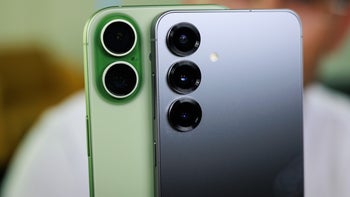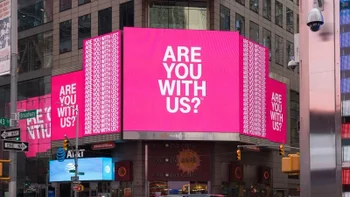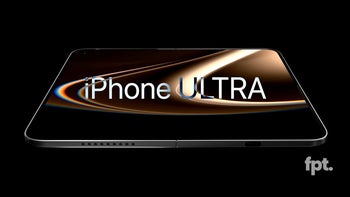Apple updates its Legal Process Guidelines after the push notification spy scandal

Less than a week after another surveillance scandal broke out, Apple has made some updates to its Legal Process Guidelines.
Last week, US Senator Ron Wyden expressed his concerns that governments across the world are spying on smartphone users via push notifications on both iOS and Android devices. In a letter to the Department of Justice, it was said that foreign officials were demanding the data from Google and Apple, as almost all push notifications travel over Google and Apple's servers.
In a statement following Senator Wyden’s letter, Apple said that Wyden's tip gave them the green light to share more details on the topic of how governments monitored push notifications. “In this case, the federal government prohibited us from sharing any information”, the Cupertino giant said. "Now that this method has become public we are updating our transparency reporting to detail these kinds of requests."
And so they did (via AppleInsider):
Previously, the section read the push notification token could be obtained with "a subpoena or greater legal process." Stepping up to requiring a search warrant is a significant change and reflects the same requirements provided by Google.
Last week, US Senator Ron Wyden expressed his concerns that governments across the world are spying on smartphone users via push notifications on both iOS and Android devices. In a letter to the Department of Justice, it was said that foreign officials were demanding the data from Google and Apple, as almost all push notifications travel over Google and Apple's servers.
When users allow an application they have installed to receive push notifications, an Apple Push Notification Service (APNs) token is generated and registered to that developer and device. Some apps may have multiple APNs tokens for one account on one device to differentiate between messages and multi-media.The Apple ID associated with a registered APNs token and associated records may be obtained with an order under 18 U.S.C. 2703(d) or a search warrant.
Previously, the section read the push notification token could be obtained with "a subpoena or greater legal process." Stepping up to requiring a search warrant is a significant change and reflects the same requirements provided by Google.
Follow us on Google News













Things that are NOT allowed:
To help keep our community safe and free from spam, we apply temporary limits to newly created accounts: